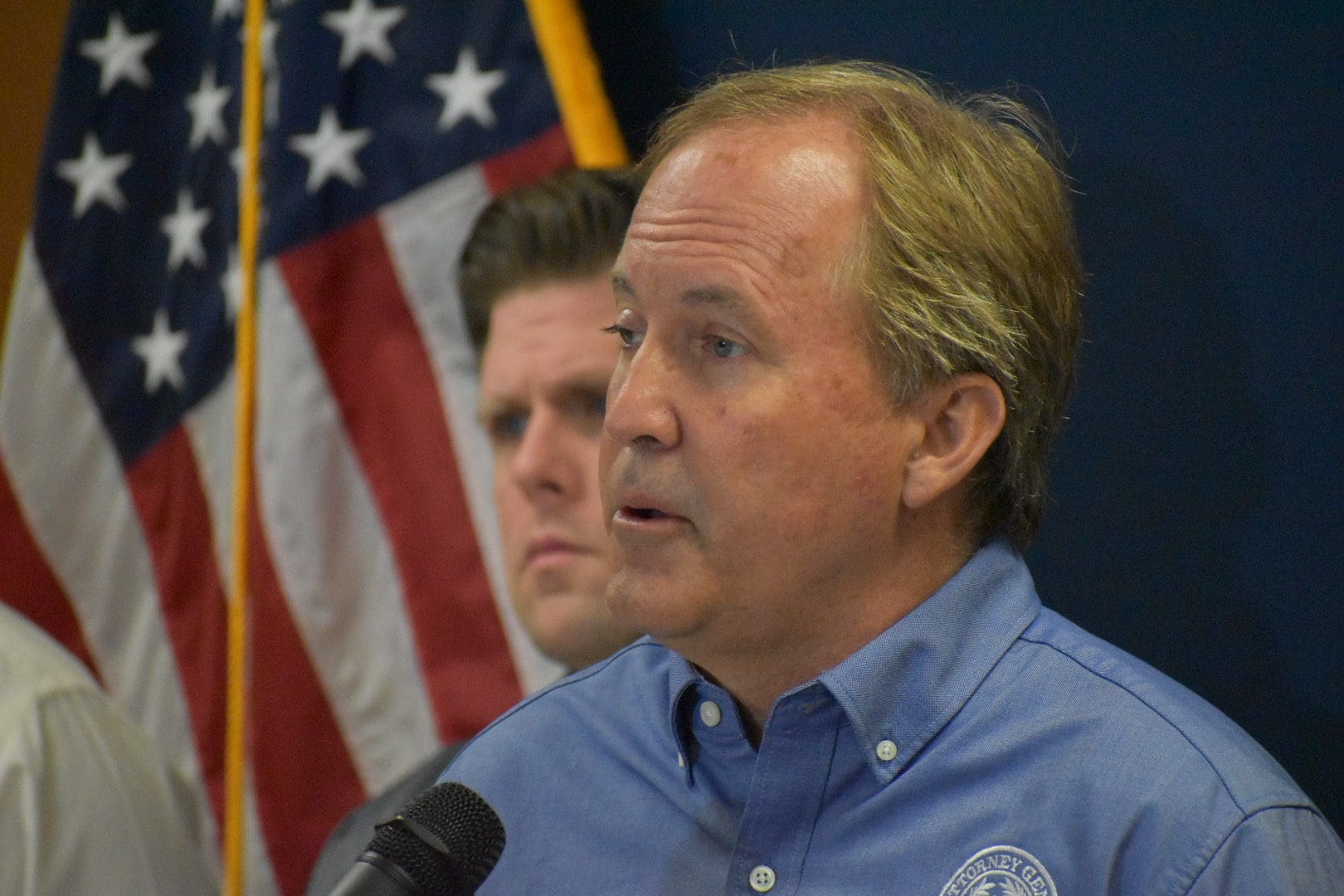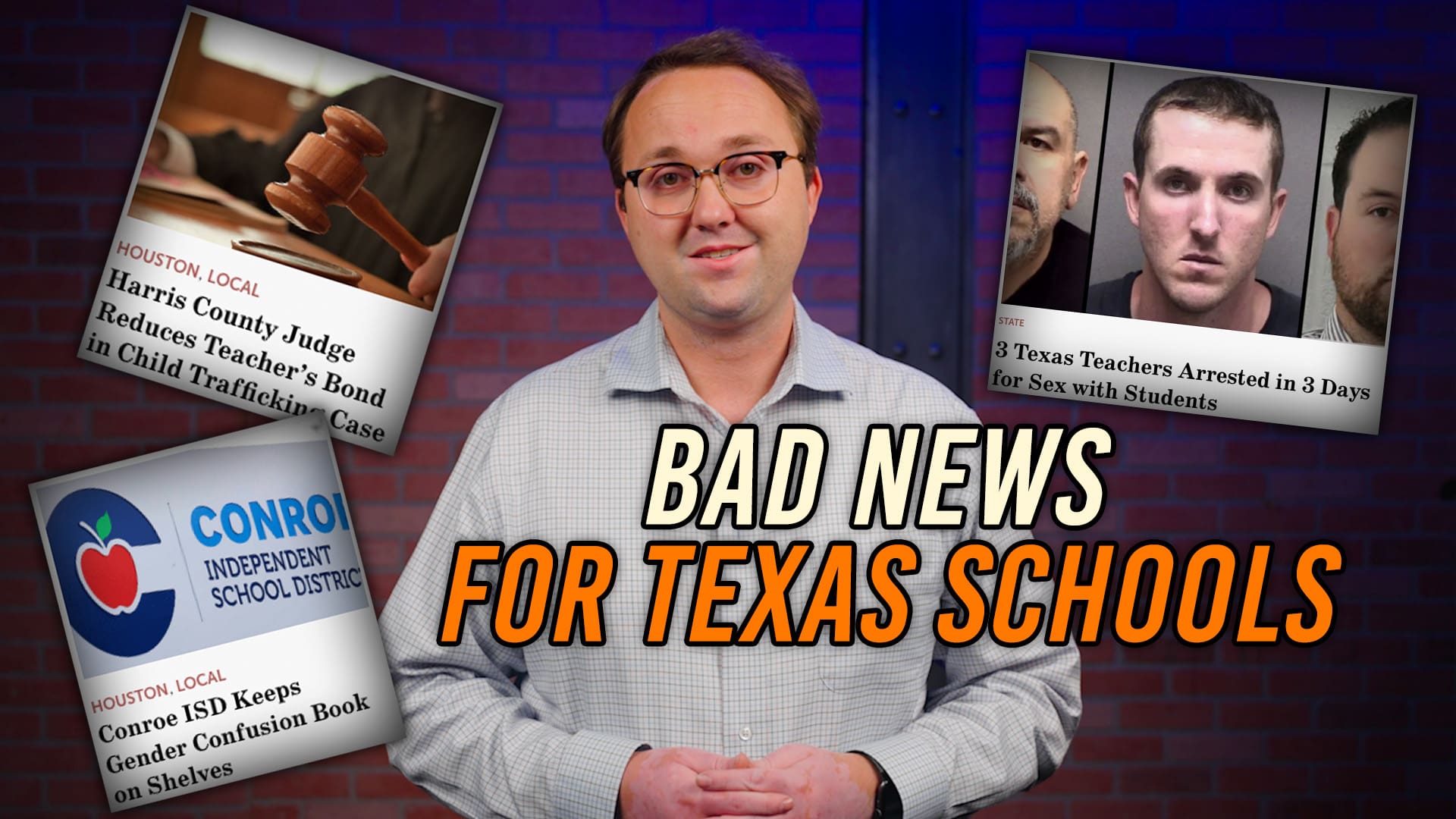We have received a number of questions about what took place during last week’s Texas House Republican Caucus meeting. Below are answers to some basic questions about what the caucus is, what took place at the meeting, and what it might mean for taxpayers.
What is a Legislative Caucus?
Caucuses are formal groups of legislators united by party, political view, race, personal interest, or other factors. Some examples include the Mexican American Legislative Caucus, the Eagle Ford Shale Legislative Caucus, the Aerospace Caucus, the Young Texans Legislative Caucus, and the Texas Freedom Caucus.
Two important caucuses are the Texas Republican Legislative Caucus (typically called the “House Republican Caucus” or the House GOP Caucus”) and the House Democratic Caucus. Those caucuses are composed of all of the Republican and Democrat members of the Texas House of Representatives, respectively, and often play a significant role in deciding policy debates.
How do caucuses operate?
Caucuses are considered private organizations and non-governmental bodies. They elect leaders and take positions in the same ways that private organizations do. They are governed by a constitution, by-laws, and any standing rules they adopt, with meetings typically being run according to Robert’s Rules of Order.
Are caucuses open to the public?
Because they are private organizations and not formal parts of the government, caucuses are allowed to meet behind closed doors and the party caucuses typically do meet in private. This can allow party members to engage in debates they don’t feel comfortable having directly on the House floor. However, that also means that decisions made in caucuses are often not transparent or accountable to the public.
Why did the House Republican Caucus meet recently?
According to the by-laws of the House Republican Caucus, any ten members can formally petition the chairman of the caucus, State Rep. Tan Parker of Flower Mound, to call a meeting of the caucus to address particular topics. During the recent special session, twelve Republican state representatives petitioned Parker to call a meeting to establish procedures for the House Republican Caucus to pick a candidate for speaker and unite around that candidate.
How are speakers elected?
At the beginning of each legislative session, one of the first orders of business is for the 150 members of the Texas House of Representatives to elect from amongst themselves a speaker who will preside over the chamber. This vote takes place on the House floor, and unlike most states and Congress, the two partisan caucuses often support the same nominee.
In recent years, the position of speaker has grown to be very important as recent speakers have consolidated power over the chamber’s proceedings through a system of rewards and punishments and through misuse and abuse of parliamentary procedure. Likewise, state laws have delegated more and more authority to the office.
This power has led to an advantage for an incumbent speaker that is very difficult to overcome. While in the past the position of speaker was considered an honorary one and speakers often limited themselves to just one or two terms, there has been a revolution in the office since 1975 with just five state representatives serving as speaker over that time period.
The current House Speaker, Joe Straus of San Antonio, a liberal Republican, has built a governing coalition by uniting the most liberal Republicans with the House Democratic Caucus to achieve a majority. In turn, Democrats are given a significant role in determining the outcome of policy in the House while conservative Republicans are often blocked from the process.
What role could the House Republican Caucus play in electing a speaker?
With a near super-majority in the chamber (95 Republican members compared to 55 Democratic members), Republican state representatives could elect a speaker of their choosing without seeking the approval of the Democrats if at least 76 of them would unite to support that candidate. That could mean more Republican committee chairmen and result in more Republicans passing more of their priorities.
In order for the Republicans to select a speaker candidate and unite around that person, the caucus needs to adopt a procedure to determine when they will consider the issue, whether the proceedings will be open to the public, and whether to bind members in some way to vote for the person selected by the caucus.
Could caucus members be bound to support the speaker candidate selected by its majority?
Members of the House Republican Caucus could be bound to support the caucus’s selection of a candidate for speaker in several ways. The most obvious and least complicated way would be through public pressure. If Republicans formally unite around a candidate, it would be politically difficult for other Republicans to openly and formally unite with the Democrats to defeat that nominee. However, the caucus could also formally bind its members through its rules, which ultimately would allow for the expulsion from the caucus of members who do not cooperate. Likewise, through the adoption of rules governing the election of the speaker at the beginning of each session, the party caucuses could be formally incorporated into the election process.
What was the result of the GOP Caucus meeting?
The public can only know what was said in the meeting based off of limited public interviews that caucus members gave after the meeting. Those members seemed pleased with the discussion that took place, with some comparing it to a “family meeting.” No procedure for selecting a nominee for speaker was adopted at the meeting, but there appears to be significant support for the concept and the issue is expected to be taken back up when the caucus convenes again at its retreat in September.




